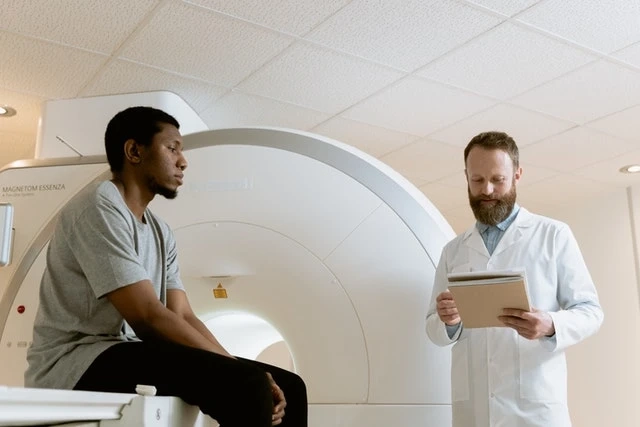Bipolar disorder can be hard to detect. Some people go as long as 10 years or more before being correctly diagnosed. The reason for this has to do with the dual nature of the disorder. When a person feels maniac or hypo-maniac, they just get full energy and feel good. They are "high on life" and seldom seek treatment. By contrast, they usually seek treatment when they fall into depression which is a much more depressive manner. We have the best Drug Rehabilitation Centre in Delhi.
At that time, they explain only depressive symptoms to their doctor. Therefore, it is common for a person to be incorrectly diagnosed with depression instead of bipolar disorder.1 Bipolar disorder also shares many of the signs and symptoms associated with other psychiatric illnesses such as disorders like anxiety and schizophrenia.
Unfortunately, no laboratory test can detect bipolar disorder. However, a simple questionnaire can help a doctor to get a hint if someone has common symptoms of bipolar disorder. This thing is called the Mood Disorder Questionnaire or you can say MDQ.
What's MDQ - The MDQ is a checklist that helps a doctor identify bipolar-related symptoms.4 Remember, only a doctor can provide an accurate diagnosis.
What does a diagnostic exam for bipolar disorder consist of?
A complete psychiatric history detailing not only your current and past symptoms but also the symptoms or diagnosis of immediate family members and relatives. Bipolar disorder has a strong genetic component. Therefore, if there is a family history of depression or bipolar disorder, there's a good chance the patient may have it as well.A complete medical history and physical exam to rule out any physical illnesses that may be producing or mimicking the symptoms of bipolar disorder. AIDS, a brain tumor or head injury, diabetes, epilepsy, Lupus, Multiple Sclerosis, a salt imbalance, or thyroid disorder can produce bipolar-like symptoms.If no physical cause is found, if no other psychiatric disorder better accounts for symptoms, and if the current symptoms have been of significant duration or cause significant impairment in functioning, a patient may then be diagnosed with bipolar disorder. It is important to note here that if there is no previous history of mania or hypomania, the current symptoms must be those of mania or hypomania for a diagnosis of bipolar disorder. In that this disorder is characterized by both extremes of mood (mania and depression), symptoms of just depression will incur a diagnosis of unipolar depression.
Why early diagnosis and treatment are important
It is really important to get treated for the disorder of bipolar disease as soon as possible.Many people with bipolar disorder do not know they have it. Some do not seek treatment because they are ashamed of what they feel, while, as mentioned above, others are incorrectly diagnosed with other illnesses, such as depression, anxiety, or schizophrenia. Without the appropriate treatment, the disorder could become more difficult to treat.
You can contact us through our website if you are looking to get the best treatment for bipolar disorder in New Delhi.
0


